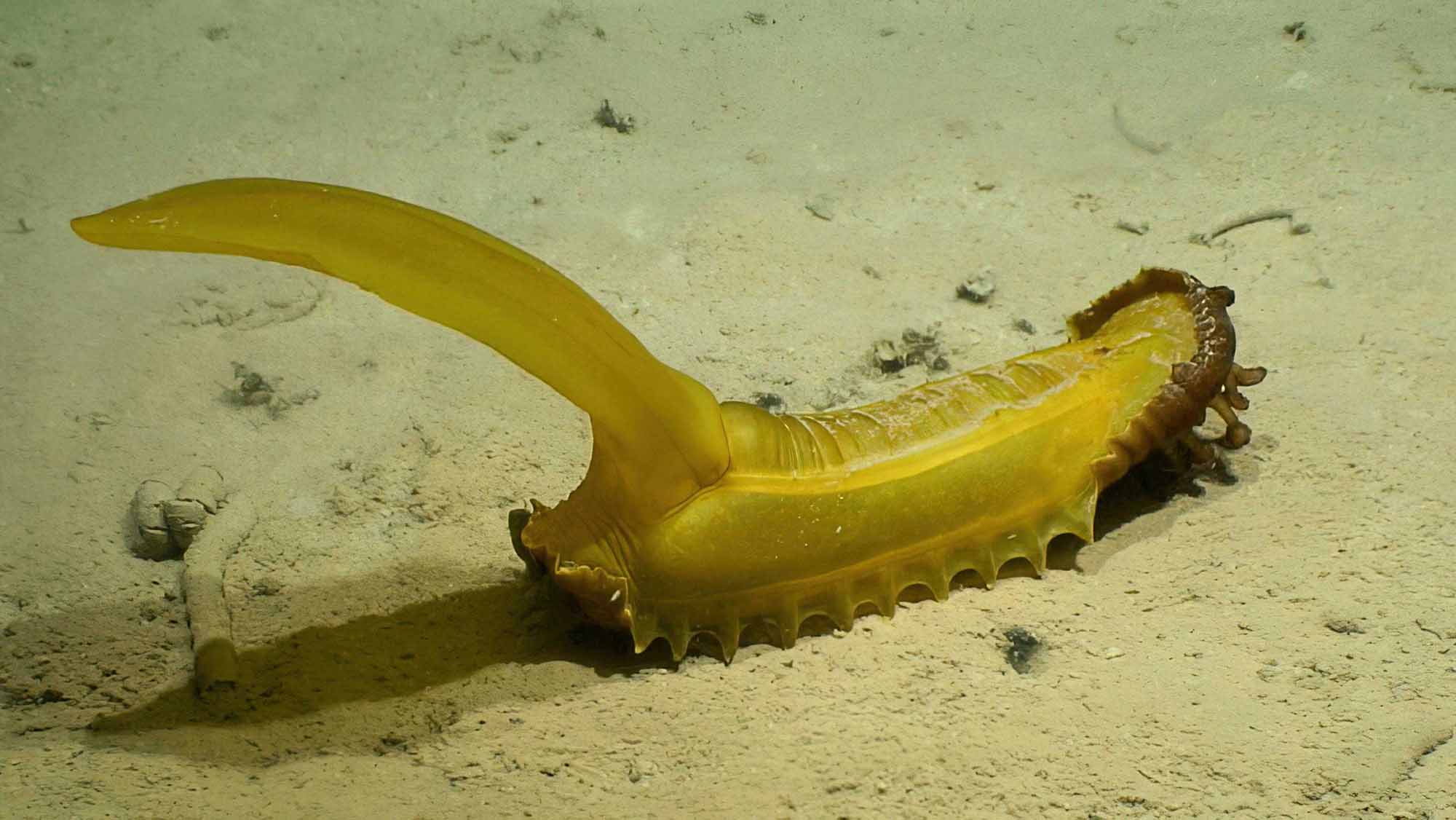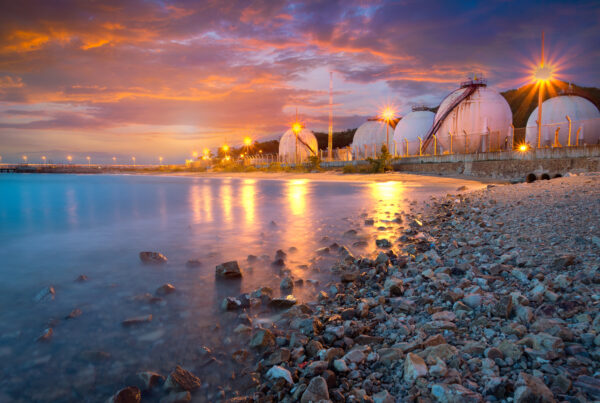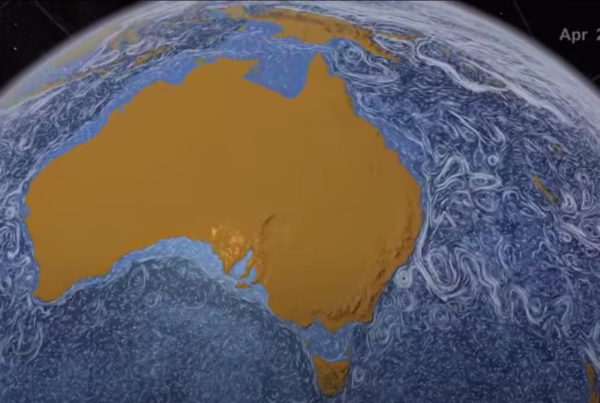Imagining Lexicons for Changing Seas 1
UNCLOS’s extractive development agenda is coming into sharper focus as the deep seabed mining regime emerges. The regime relies on UNCLOS’s instrumentalising legal discourses and dispositifs (Foucault 1980,194-195) of abstraction, which discursively disappear the ocean and economise their more-than-human constituents (for example, representing complex seabed nodule communities as ‘mineral resources’ (Reid, n.d.). As well, the convention extends a homogenising, terrestrial imaginary into submerged marine worlds through concepts of fixity and territorialisation (Reid, n.d.). With these biases, the original drafters of UNCLOS filleted the ocean into territorial zones of exploitation (such as the Area and Exclusive Economic Zone) that bear no resemblance to the actual ocean (Reid, n.d.). These discursive strategies function together with operationalising strategies in a complex ‘architecture of exploitation’ (Reid, n.d.; Reid 2022,73) that privileges state and private commercial interests.
Several decades have passed since UNCLOS came into effect. Over this period, the ocean’s ecological and biodiversity conditions have worsened and are now in crisis (Reid, n.d.; Reid 2023). The convention’s architecture of exploitation is not entirely to blame. It is through a significant ecological force responsible for enabling harmful frontiers of extractivism to expand into the ocean, including the emerging seabed mining regime.
Given UNCLOS controls the dominant human relationship with the ocean as one of exploitation, how might we counter the strategic violences of its abstractions? One approach is to cultivate rich, lively, novel and imaginative languages and semiotics for the ocean and our diverse relationships with them (Reid, n.d.; Jue 2020). This includes making space for, and bringing forward existing oceanic languages that are marginalised by extractive capital and colonising interests. Finding new languages for the ocean is challenging. What methods and ethical approaches might enable us to imagine into that greater realm of the planet occupied by beings that prefer darkful, high-pressure living but that are potentially unknowable? How might we imagine with the ocean, with humility about how little we know of them.
The authors of ‘Fathom’ propose that
“even parsed through all of our sensory apparatuses, the sea still remains a question. Is this an epistemological failure? Recalling that in colloquial terms, one fathoms mostly in the negative (“I cannot fathom . . . ”), might we take this as a sign of fallibility’s positive value? The value of fathoming exceeds reliable calculation and repeatable measure. Not knowing is also a form of knowledge (Pratt et al. 2020)
UNCLOS is often described as the constitution for the ocean. In fact it is the convention for the ocean, without the ocean (Reid, n.d.). It is shaped by terrestrial-centricity and other partial perspectives in ways that defeat its claims of objectivity (Reid, n.d.). I agree with Melody Jue’s argument that oceanic, terrestrial, atmospheric, swamp and other milieu inflect an observer’s orientation to the world as a partial perspective; and that milieu ought to then be considered alongside gender, race and other identarian categories (Jue 2020, 9-11). To date, the terrestrial milieu has held sway over the dominant imaginaries that control human relationships with the ocean.

Gummy Squirrel, Psychropotes longicauda
One of the extraordinary beings that come into being and live in intimate material relation with the deep seabed. Found at 5,100 meters depth on abyssal sediments. This Gummy is ~60 centimetres long (including tail), with red feeding palps (or “lips”) visibly extended from its anterior end (right). Image courtesy of NOAA’s DeepCCZ expedition.
Image source URL: https://oceanexplorer.noaa.gov/explorations/18ccz/logs/june12/media/img2-hires.jpg
References
Foucault, Michel. 1980. Power/Knowledge: Selected Interviews and Other Writings, 1972-1977. Edited by Colin Gordon. Translated by Leo Marshall, Joseph Mepham, and Kate Soper. New York: Pantheon Books.
Jue, Melody. 2020. Wild Blue Media: Thinking through Seawater. Elements. Durham: Duke University Press books.
Pratt, Susanne, Camila Marambio, Killian Quigley, Sarah Hamylton, Leah Gibbs, Adriana Vergés, Michael Adams, Ruth Barcan, and Astrida Neimanis. 2020. “Fathom.” Environmental Humanities 12 (1): 173–78. https://doi.org/10.1215/22011919-8142264.
Reid, Susan. 2022. “Imagining Justice with the Abyssal Ocean.” In Laws of the Sea: Interdisciplinary Currents. London: Routledge.
———. 2023. “Ocean Justice: Reckoning with Material Vulnerability.” Cultural Politics.
———. n.d. “Imagining Justice with the Ocean.” (Ph.D. under review), Sydney: University of Sydney.


